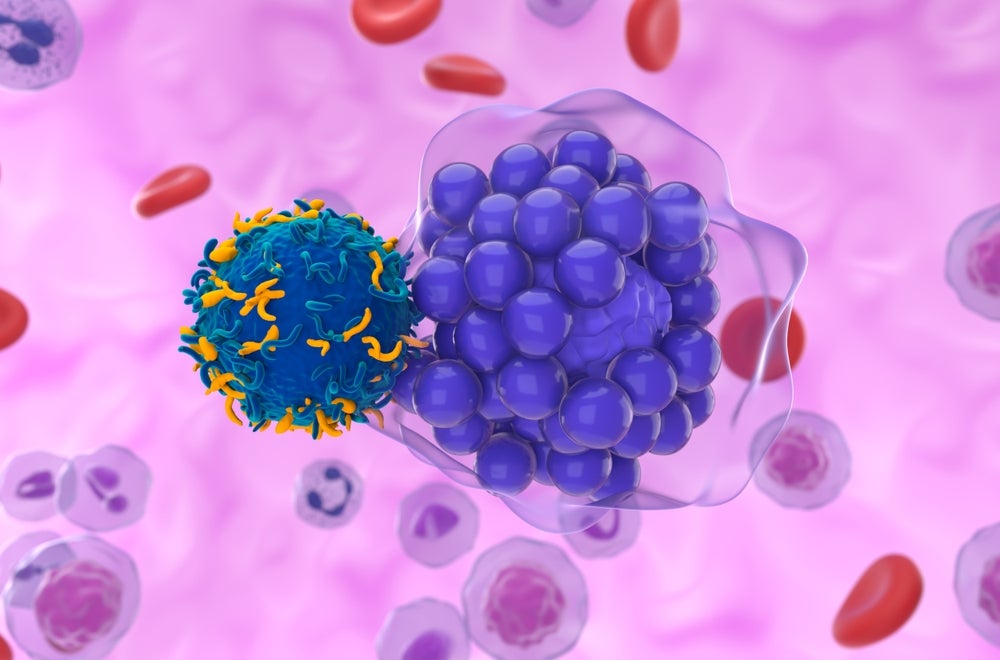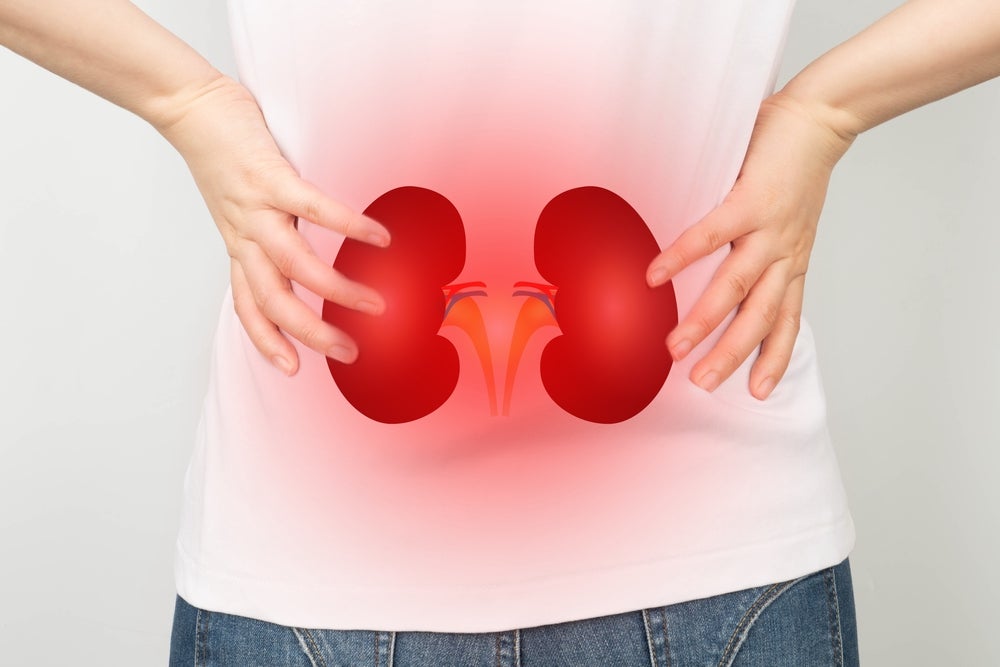At-Home Testing for Early Detection of Bladder Cancer: A Breakthrough Innovation
Bladder cancer is a grave concern, with a staggering cure rate exceeding 90% when detected early. However, this disease presents a unique challenge due to its notorious recurrence rate of approximately 70%, which necessitates ongoing monitoring and testing. Patients often face the prospect of late-stage diagnoses, which may lead to severe interventions such as bladder […]


Bladder cancer is a grave concern, with a staggering cure rate exceeding 90% when detected early. However, this disease presents a unique challenge due to its notorious recurrence rate of approximately 70%, which necessitates ongoing monitoring and testing. Patients often face the prospect of late-stage diagnoses, which may lead to severe interventions such as bladder removal and the subsequent use of artificial bladders or urine pouches. These surgeries can drastically diminish quality of life, underscoring the pressing need for innovative diagnostic methods that are both effective and user-friendly.
Current methods for bladder cancer detection, including traditional urine test kits, have been criticized for their low sensitivity, while cystoscopy procedures—where a catheter is inserted through the urethra for direct examination of the bladder—are cumbersome and often painful. Such limitations have reinforced the urgent call for a more accessible and efficient diagnostic technology that can be used by patients in the convenience of their own homes.
A groundbreaking study led by Dr. Youngdo Jeong, a prominent figure in the Center for Advanced Biomolecular Recognition at the Korea Institute of Science and Technology (KIST), in partnership with Professor Seok-Ho Kang of Korea University College of Medicine, has unveiled a novel urine-based diagnostic kit specifically tailored for the detection of bladder cancer. This revolutionary kit allows users to accurately identify cancer biomarkers in urine without any preprocessing, marking a significant advancement in the field of diagnostic medicine.
The research team’s innovative approach involves the application of water and oil layering principles to facilitate the detection of bladder cancer biomarkers. Traditionally, urine tests have faced obstacles due to the low concentration of biomarkers and the interference caused by impurities, such as blood in the urine (hematuria). The new kit addresses these concerns through a clever mechanism where a film bonded to the biomarker is ruptured. This action releases a buoyant signal carrier that ascends to an oil layer, emitting a discernible signal for detection. By implementing this design, the diagnostic kit effectively mitigates interference from impurities, enhancing the signal and enabling precise biomarker detection.
Clinical trials have demonstrated the efficacy of this diagnostic kit, with tests conducted on 80 patients and 25 healthy individuals at Korea University’s Department of Urology employing a double-blind methodology. The results were impressive, achieving an 88.8% sensitivity rate—an extraordinary improvement compared to existing commercial tests, which typically present a mere 20% sensitivity. One of the most remarkable aspects of this new kit is its ability to accurately diagnose early-stage bladder cancer, a feat that traditional methods often struggle to achieve.
This innovative diagnostic tool presents a transformative opportunity for early detection of bladder cancer, capitalizing on a non-invasive and user-friendly urine test methodology. Its adoption could significantly reduce the dependency on cystoscopy, thereby increasing survival rates through timely diagnosis and ultimately enhancing patient quality of life. Encouraged by these promising outcomes, the research team is now focusing on developing products intended for mass production, aiming for rapid deployment in comprehensive medical examination settings and ease of use at home.
Dr. Jeong expressed optimism about the potential of their research, stating, “This study demonstrates the promise of early bladder cancer diagnosis through a straightforward diagnostic kit, which helps reduce unnecessary cystoscopies.” Echoing this sentiment, Professor Seok-Ho Kang highlighted the collaborative nature of the research, remarking, “This work, stemming from translational studies between KIST and Korea University, lays the groundwork for the development of early diagnostic technologies for various diseases beyond bladder cancer.”
The commitment to innovation does not end there; Dr. Youngdo Jeong and Professor Kang are collaborating with Dr. Dong Jin Lee from the Korea Institute of Machinery & Materials to launch a startup named “FloatBioscience.” This enterprise aims to commercialize the bladder cancer diagnostic kit, focusing on strategies for uniform mass production to ensure widespread accessibility of this life-saving technology. The startup has already been recognized as a preliminary convergence startup team for the prestigious 2024 NST Convergence Startup Challenge, highlighting its potential impact on public health.
KIST, established in 1966 as Korea’s first government-funded research institute, has long sought to address national and societal challenges through pioneering research. As part of its mission, KIST strives to secure growth pathways by advancing leading-edge investigative approaches. The implications of this recent research extend far beyond bladder cancer; it opens avenues for leveraging similar methodologies to tackle a range of diseases, with the ultimate aim of enhancing patient care on a broader scale.
This research initiative received substantial support from the Ministry of Science and ICT, through KIST’s overarching project framework and the National Research Foundation’s (NRF) programs. Notably, the findings from this study have made a significant impact in the scientific community, being published in the esteemed journal “Nature Biomedical Engineering,” renowned for its high impact factor and recognition in the field of biomedical research.
The successful identification of early-stage bladder cancer through unprocessed urine samples represents a landmark achievement in diagnostic technology. As further studies continue and partnerships grow, this diagnostic approach is poised to make significant strides in reducing the burden of bladder cancer and potentially other malignancies, enhancing collective efforts toward innovative healthcare solutions.
As researchers work steadfastly to refine and distribute the diagnostic kit, it is crucial to remain engaged and informed about ongoing developments in the realm of bladder cancer detection and treatment innovations. The integration of such advanced diagnostic tools into regular healthcare protocols will ensure that patients receive timely and accurate diagnoses, ultimately fostering better health outcomes and quality of life.
It is clear that the combination of cutting-edge research, strategic collaborations, and a commitment to innovation will play an essential role in the transformative journey towards improved diagnostics in bladder cancer—a feat that could redefine the standard of care for patients worldwide.
Subject of Research: Development of a urine-based diagnostic kit for bladder cancer detection
Article Title: Diagnosis of early-stage bladder cancer via unprocessed urine samples at the point of care
News Publication Date: November 28, 2024
Web References: Nature Biomedical Engineering
References: National Research Foundation, Korea Institute of Science and Technology
Image Credits: Korea Institute of Science and Technology
Keywords: Bladder cancer, diagnostic technology, biomarker detection, urine test, non-invasive, early detection, innovative research, KIST, FloatBioscience, clinical trials.
What's Your Reaction?

































